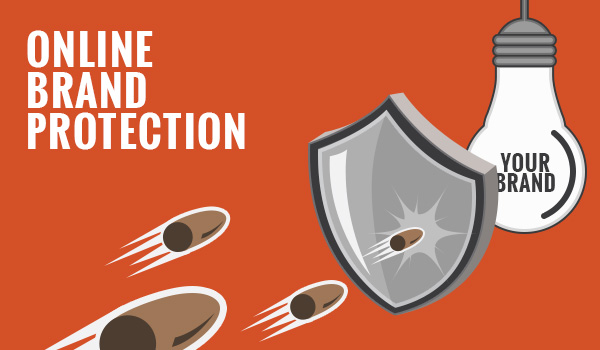
X-ray of online reputation and its importance for brands
Although online reputation is extremely important to brands, many just remember to work on it when it is too late, and they are faced with a complicated situation.
According to a Dmg Advertising report a month ago, only 40% of brands would know what to do in the face of a reputation crisis, while 30% are not sure if they would be able to react appropriately.
 However, the danger lurks at every corner. The same source indicates that 70% of customers seek testimonials from other customers in social networks; A task that is done every month. In addition, it is more than likely that the type of information you find does not benefit the company. The 79% of customers dissatisfied, do not hesitate to convey their discomfort.
However, the danger lurks at every corner. The same source indicates that 70% of customers seek testimonials from other customers in social networks; A task that is done every month. In addition, it is more than likely that the type of information you find does not benefit the company. The 79% of customers dissatisfied, do not hesitate to convey their discomfort.
Social Media has become an important source of influence, half of the clients use it to raise their doubts, or show their complaints; Information that uses another 53% to complete the contribution of the brands.
Definitely, Users rely more on the opinions of others, than on the opinion of experts; So they should be more concerned about cultivating their reputation online, as well as watching closely. Altimeter indicates that 2 out of 3 companies are concerned about the risks that lurk in their brand in Social Media; On the other hand, how is it possible that more than half of customer complaints remain unanswered?
The threat may be inside your own home. Forrester’s “Managing the Risks of Social Media” study published in early April shows that two-thirds of online reputation and reputation protection professionals do not have a privacy policy or, if they do, it is Insufficient or does not have the necessary tools to apply it efficiently.
Another study by Havas Media Group showed us how brands that want to dig deep into the minds of consumers have to differentiate themselves not so much as a brand itself but by showing its more human, committed and close part. These are the bases to build a solid reputation, that lasts in the time and reinforces the mark before possible problems.
According to his article “Creating a new healthy lifestyle, an opportunity for brands”, brands that show their concern for improving consumer welfare will be the ones who have the most points in favor.
An overwhelming 70% of brands are indifferent to citizens; If they have nothing to contribute, they go directly unnoticed.
In contrast, those who do know how to give customers reasons, and show that they really care about them do achieve their goal. 2 out of 3 peoples rely on these compromised brands.
How do you build a good reputation online?
- Develop an adequate presence in the Social Media. Register your social profiles and use them to transmit mainly the personality of your brand. Keep in mind that social channels are a way for conversation, not promotion.
- Encourage engagement and relationships with your community, creating a positive current around your brand. Identify and care for brand advocates, earn their trust and encourage them to participate.
- Speak directly from you to you, showing that you know how to listen and that you care about the needs of your clients.
- Always respond, all users deserve your respect and consideration.
- It has the necessary resources, both human and economic.
- Monitor your online reputation, brand names and any comments generated around it.
What to do in the face of a reputation crisis?
The main thing is to have a crisis plan, a manual where the most likely scenarios, weaknesses, or who to turn to in case of emergency are collected; Everything will depend on the company and its sector. Analyzing the frequent doubts of customers will be of great help.
In order to be aware, it is more important to have monitoring tools, by a trained professional. In case of attack on the good name of the brand, the first thing is to analyze the situation, to intercept the initial focus and to evaluate the gravity of the facts.
You always have to act quickly, which does not mean that you do it improvised. A timely response is always a plus and can help mitigate the impact and calm the mood.
It is important to assume the responsibility and consequences of the facts, and to show a willingness to solve the situation.
What if the situation gets complicated?
- Never give the quiet for an answer, or show an authoritarian and sharp attitude; The dialogue will always be the best way out.
- No lies or false expectations, which can only aggravate the situation and lead to discredit.
- It is advisable to always be accessible, but not to continuously release information or data that are not strictly necessary.
If ultimately online reputation is seriously damaged, it will be necessary to develop a strategy to regain trust and clean reputation online, based on an overdose of good intentions and strong evidence that work is done to improve and obtain results.
How do you take care of your brand’s reputation? Have you suffered any crisis online?
Leave a reply